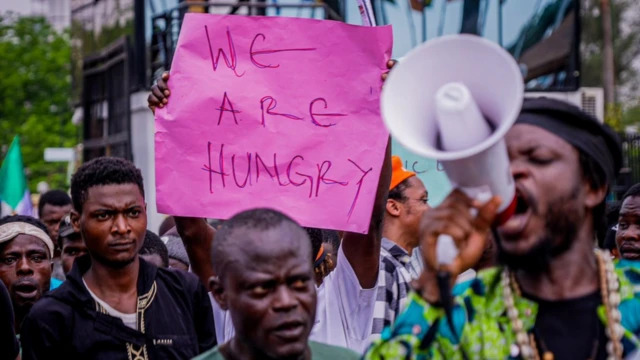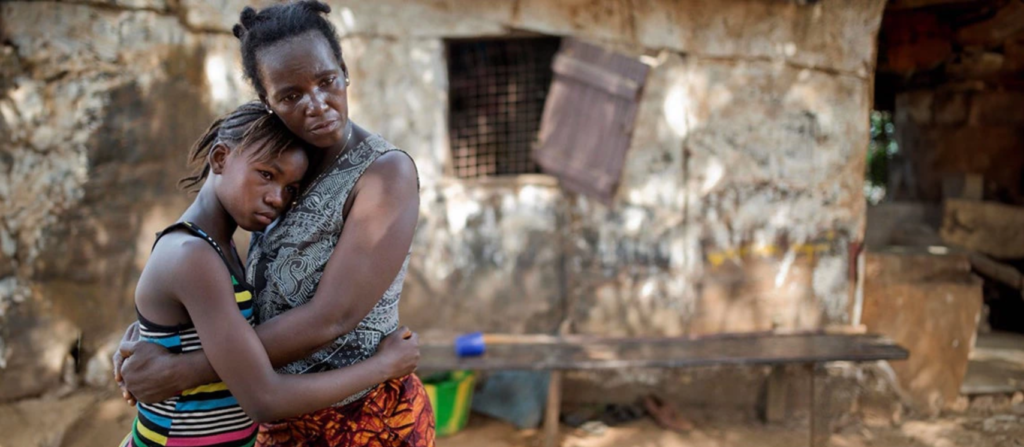Protests have been a significant aspect of Nigeria’s socio-political landscape, serving as a powerful medium for citizens to express grievances, demand accountability, and advocate for change. Protests have been a recurrent feature in Nigeria, dating back to the colonial era when citizens resisted colonial policies and exploitation. The most notable early protests include the Aba Women’s Riot of 1929, a significant demonstration against British colonial authorities’ tax policies. Post-independence Nigeria saw a continuation of protest culture, particularly during military regimes. The most significant of these was the “Ali Must Go” protests in 1978, a nationwide student-led movement against tuition fee increases, which resulted in several deaths. The return to civilian rule in 1999 did not quell the tide of protests. Instead, it provided a new platform for Nigerians to voice their concerns. Protests have since addressed various issues, including economic hardships, corruption, police brutality, and electoral malpractices. The #OccupyNigeria movement in 2012, sparked by the removal of fuel subsidies, and the #EndSARS protests in 2020, a movement against police brutality, are two recent examples that underscore the power of collective citizen action in Nigeria.
The right to protest in Nigeria is constitutionally guaranteed. The 1999 Constitution, as amended, provides for the freedom of expression, assembly, and association. Section 39 guarantees freedom of expression, including the freedom to hold opinions and to receive and impart ideas and information without interference. Section 40 ensures the right to peaceful assembly and association, allowing every person to assemble freely and associate with others. These provisions establish a legal foundation for Nigerians to organise and participate in protests. In addition to the Constitution, other laws and international treaties to which Nigeria is a signatory, such as the African Charter on Human and Peoples’ Rights, also support the right to protest.
While Nigeria’s legal framework ostensibly guarantees the right to peaceful assembly and protest, the practical realisation of this right has been fraught with challenges. A recurring pattern of government interference and human rights violations has marred the landscape of protest in the country. One of the most significant obstacles to effectively exercising this right is the excessive use of force by security agencies. Historical incidents, culminating in the widely documented #EndSARS protests, have demonstrated a disturbing trend of disproportionate and often lethal force against unarmed demonstrators. This pattern of violence has created a climate of fear and intimidation, deterring citizens from exercising their constitutional rights.
Furthermore, protesters and their leaders have been subjected to intimidation, arbitrary arrests, and detentions. Security forces have frequently disrupted peaceful assemblies, employing tactics that stifle dissent rather than upholding public order. These actions not only infringe upon the fundamental rights of citizens but also undermine the principles of democracy and accountability. The legal environment has also presented hurdles for protesters. The government has occasionally invoked public safety concerns to impose restrictions on protests, such as curfews, bans on public gatherings, or stringent permit requirements. These measures have often been applied arbitrarily, effectively suppressing dissent. Moreover, the judiciary, which should be a bulwark against executive overreach, has demonstrated inconsistency in protecting citizens’ rights in this domain.
The government has also sought to curtail peaceful protest in the digital age through cybersecurity measures and online suppression. Social media platforms, instrumental in organising and mobilising protesters, have been targeted with restrictions and shutdowns. These efforts to control the information environment have hindered citizens’ ability to exercise their right to freedom of expression and assembly. Despite constitutional guarantees, the right to protest in Nigeria remains precarious. To ensure this fundamental right is fully realised, addressing the systemic issues of excessive force, intimidation, legal restrictions, and digital suppression is imperative. A commitment to upholding the rule of law, protecting human rights, and fostering a culture of dialogue is essential for creating an environment where citizens can freely exercise their right to protest.
Nigeria is on the brink of another wave of nationwide protests as citizens increasingly express frustration over socioeconomic challenges. The planned August 1, 2024, demonstrations underscore the enduring spirit of civic engagement and the demand for government accountability. As a cornerstone of democratic governance, the right to peaceful assembly is constitutionally guaranteed. The government must uphold this fundamental right by adhering to the rule of law and engaging in constructive dialogue. Such a measured response would safeguard citizens’ freedoms and foster a more inclusive and democratic society. Conversely, a heavy-handed approach risks escalating tensions, undermining the government’s legitimacy, and eroding public trust in democratic institutions. By respecting the right to protest and avoiding the use of excessive force, the government can demonstrate its commitment to human rights and democratic principles while maintaining peace and order.
Peaceful protests remain vital to Nigeria’s democratic landscape, allowing citizens to express their dissatisfaction and demand accountability. While the Nigerian Constitution and other legal instruments support the right to protest, the reality is often different. Government responses to protests, ranging from excessive force to legal restrictions, challenge the rule of law and the exercise of citizens’ rights. For Nigeria to strengthen its democratic institutions and uphold the rule of law, the government must respect and protect the rights of citizens to peaceful assembly and expression. This requires legal reforms, strict adherence to the Constitution, and a cultural shift towards viewing peaceful protests as a legitimate form of political participation rather than a threat to state security.



